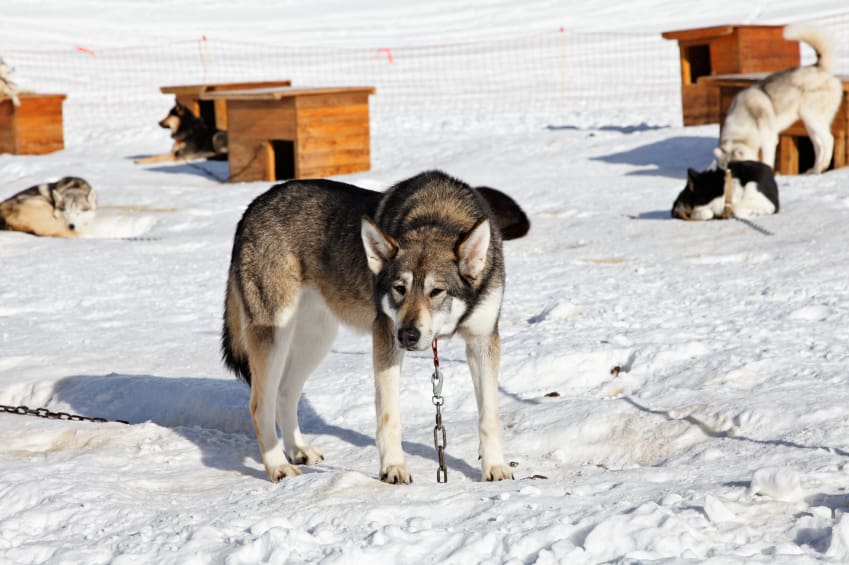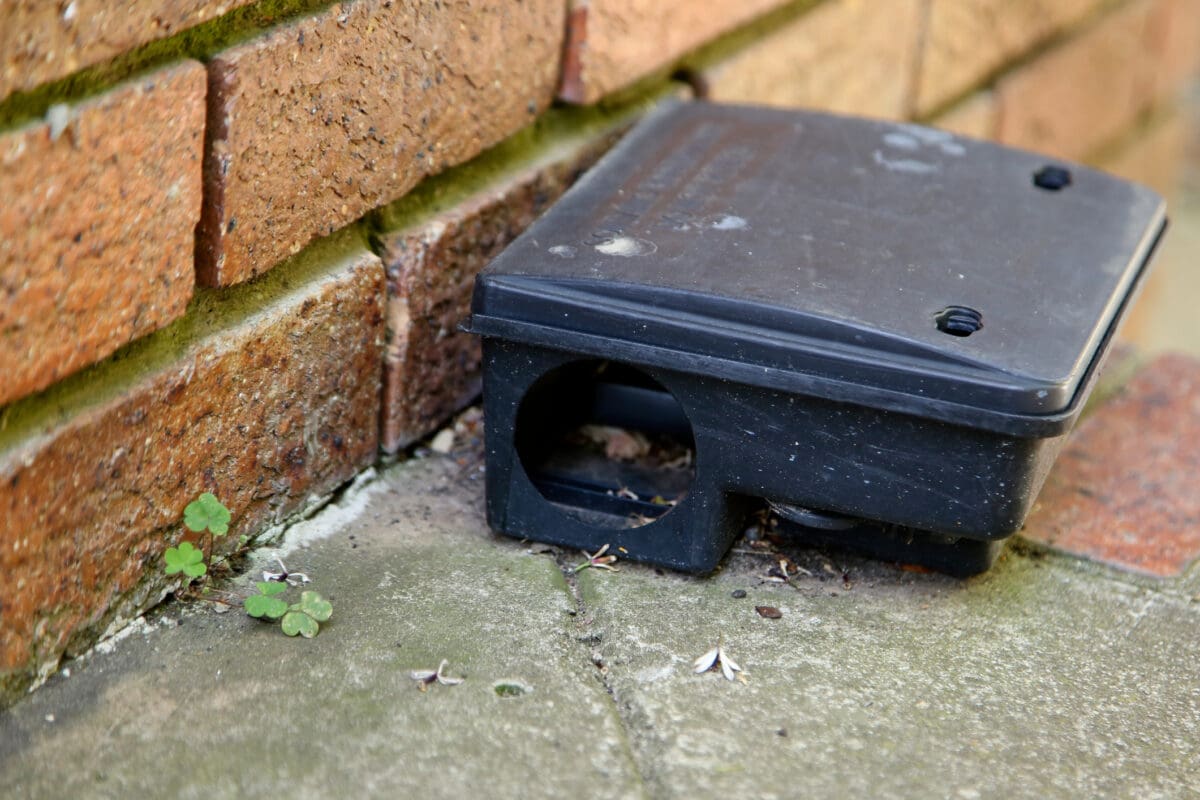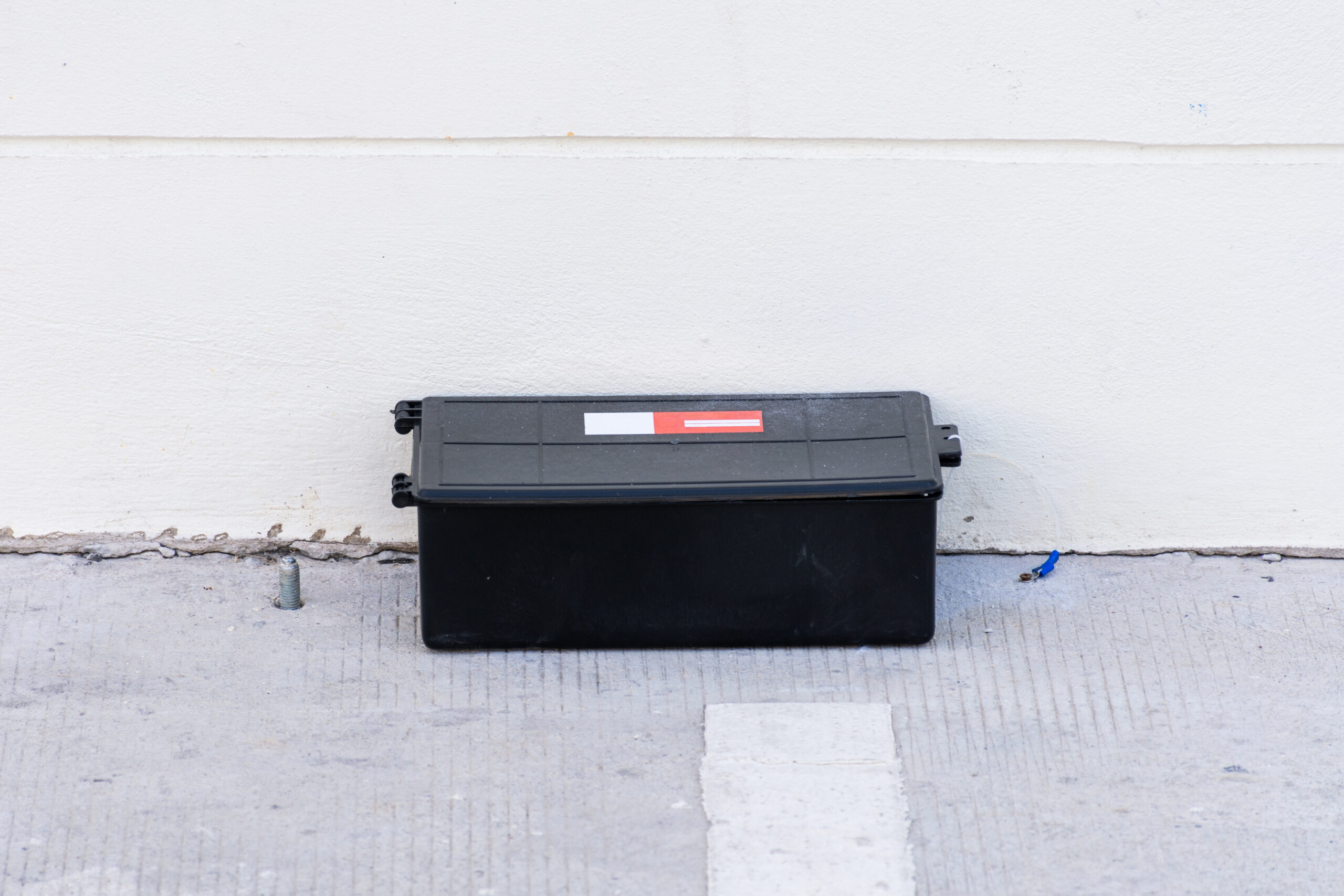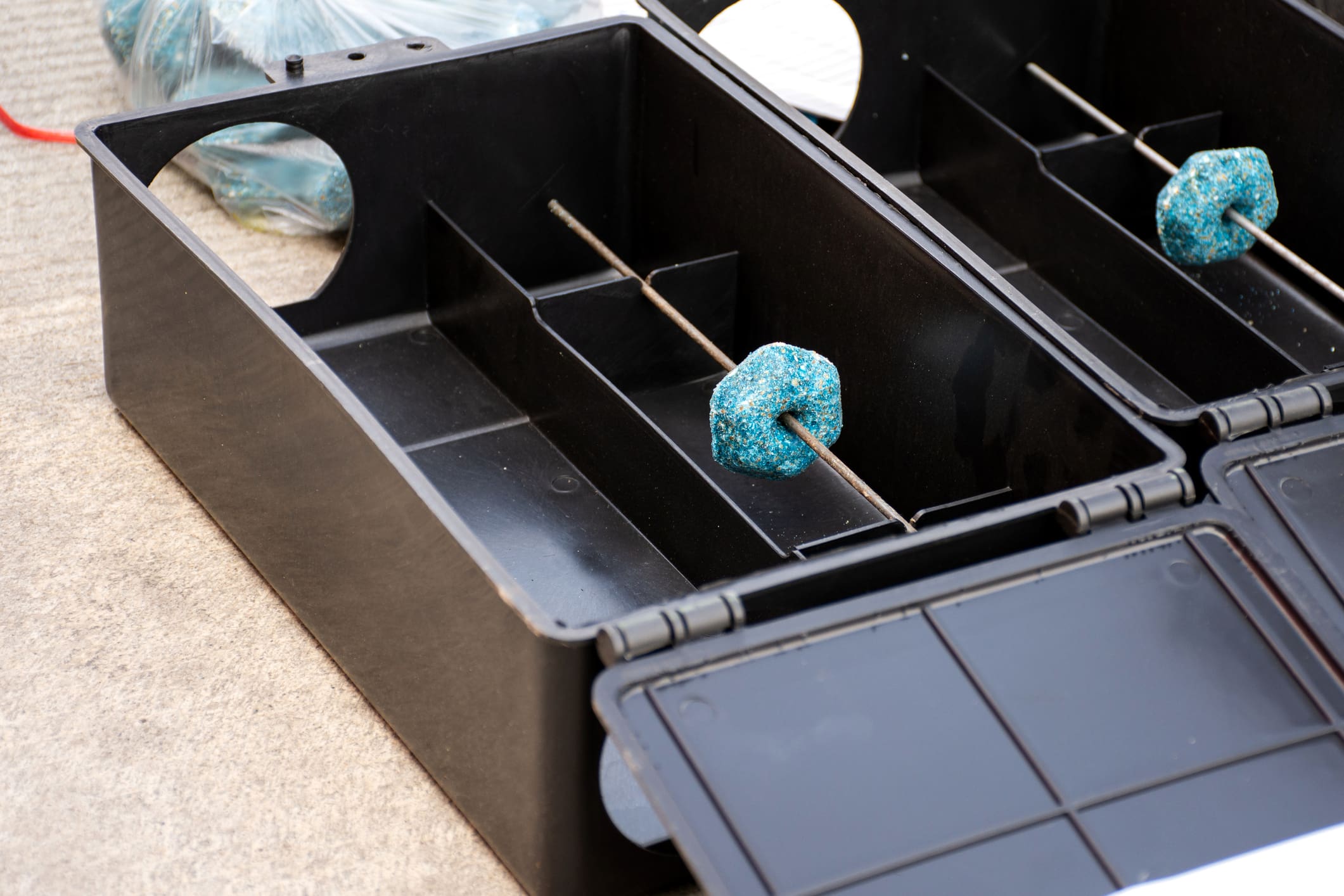“Dogs in Distress”
You may have seen the recent W5 investigation, “Dogs in Distress”, which exposed the commercial sled dog industry in Canada. The investigation found disturbing evidence of dogs chained outdoors for prolonged periods; repetitive pacing behaviour; and inhumane forms of euthanasia.
The welfare issues highlighted in the investigation reiterate the need for updating B.C.’s Sled Dog Standards of Care Regulation, which are overdue for review.
You can watch the full investigation below. Please note that the images and stories shared in this story may be very upsetting.
Recent decision by Iditarod
A recent concerning decision by Iditarod officials also highlights welfare issues in the long-distance sled dog race across Alaska. Despite claiming that participants would be disqualified for inhumane treatment of dogs, race officials penalized those who made the decision to shelter their dog teams safely indoors during a dangerous storm.
Officials noted that the participants who decided bring their dog teams indoors gained a competitive advantage even though they “did the right thing for their dogs”.
This concerning decision highlights a prevailing attitude that sled dogs can be exploited for human gain, even at the expense of their well-being.
Act now!
With warmer weather fast approaching, sled dogs will soon find themselves in the sled dog tourism industry’s off-season. Current regulations allow dogs to be chained for more than 23 hours a day, and many outdoor dog houses provide little protection from the summer heat. Use the quick email tool below to help protect sled dogs now.





